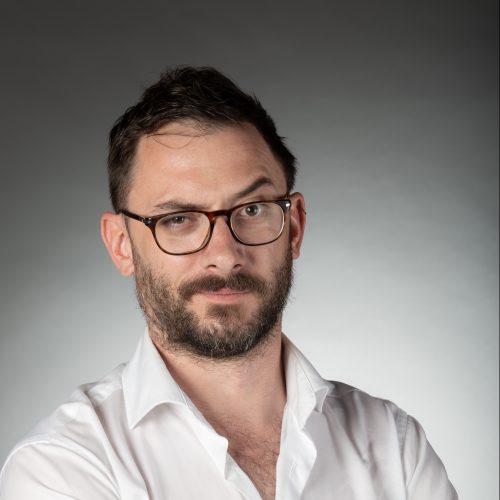
Eric Roubinek, Ph.D.
Associate Professor of HistoryContact Information
- eroubine@unca.edu
- 6256
- 208 Whitesides Hall
Office Hours
- Wednesday 1:00 pm - 2:00 pm
- Thursday 3:30 pm - 4:30 pm
- Note:
Education
- Ph.D. University of Minnesota, 2014
- B.A. University of Wisconsin, 2004
Research Interests
- Modern Europe, especially Germany
- Fascism
- Empires
- the intersections of the national and transnational technologies of empire and their physical manifestation as infractures of power
Courses
- HIST 178: Living in Modern Times: The Weimar Republic and Europe in the 1920s
- HIST 152: World History since 1500
- HIST 359: From Kaiser to Kanzlerin: Creating Germany Unity from 1848 to the present
- HIST 331: Race, Nation, and Genocides in the Modern World
- HIST 374: The First World War
- HIST 374: Fascism, Empire, Africa
- HIST 369: Europe: 1900-1950
- HIST 374: Perspectives in German Cinema, 1919-1945: Gender, Aesthetics, Modernity
- HIST 374: Fascism Then and Now
- HUM 324: The Modern World
- HIST 451/452: Capstone Seminar
- HRST 301: Writing Human Rights Wrongs
This faculty member teaches in UNC Asheville's Humanities Program.
Recent Publications
- "Fascism and Anti-Fascism Since 1945." Co-edited with Mark Bray, Jessica Namakkal, and Giulia Ricco. Radical History Review, no 138, (October 2020)
- "From a Nazi Colonialism to a Fascist Colonialism: Transnational Nationalisms and the Creation of a 'New Europe'." In Nazi Occupied Europe, edited by Raffael Scheck, Fabien Theofilakis, and Julia Torrie. Oxford/New York: Routledge, 2019.
- “A ‘Fascist’ Colonialism? German National Socialist and Italian Fascist Colonial Cooperation, 1936-1943.” In Nazi Germany and Southern Europe, 1933- 1945: Science, Culture and Politics, edited by Fernando Clara and Cláudia Ninhos. London: Palgrave MacMillan, 2016.
- Weimar Germany (1918/19-1933), volume 6, German History in Documents and Images. Eric D. Weitz and Eric Roubinek, eds. German Historical Institute: Washington, DC, 2012.